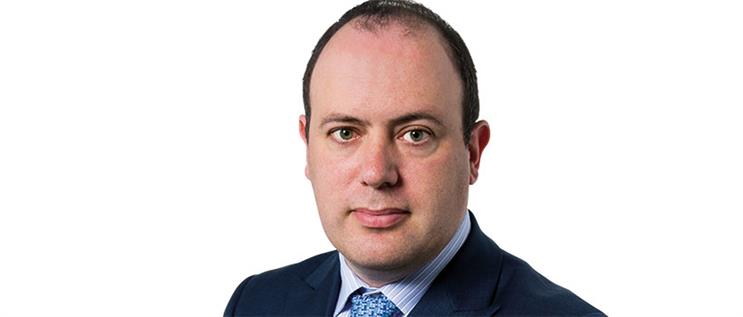Online traffic, newspaper sales and video views have shot up because trusted news sources matter – especially in times of drama and uncertainty.
It is why Turkish president Recep Tayyip Erdogan called in live to CNN, via Apple FaceTime, as he tried to avert a military coup and how Andrea Leadsom killed her Tory leadership hopes by giving a disastrous interview to The Times.
But in a world of instant communication, where information travels at the speed of a tweet, the challenge for news providers remains to make money out of their increased influence.
Publishers should not be seduced by scale for scale’s sake in an era of automated distribution and programmatic buying. They should have the courage to put a premium on their news and charge advertisers accordingly to connect with a valuable audience – particularly when there is so much concern about online viewability, ad fraud and bots.
A new report from comScore, The Halo Effect: How Advertising on Premium Publishers Drives Higher Ad Effectiveness, found leading US news publishers delivered "67% higher brand lift" than other sites.
Here in Britain, Telegraph Media Group is trying to raise standards by introducing a minimum ten-second viewability guarantee for ads. The idea is that advertisers will pay a premium because users might actually see and engage with the ad.
Once publishers and advertisers focus on the quality of audience rather than scale, then the dominance of Facebook and other social media giants doesn’t seem quite so daunting.
However, the problem remains that advertising is often not the best way to fund online news. It is hard to charge a significant premium when there is a virtually unlimited amount of ad inventory across the web. Brand safety – making sure an ad appears in the appropriate context – is another issue. When I was reading about the Baton Rouge police shootings over the weekend, an ad for currency exchange (I’m planning a summer holiday) jarred. Then there is competition from trusted, ad-free news, notably the BBC. Little wonder that ad-blocking has caught the imagination, even if publishers are trying to convince users that they can’t expect free content without advertising.
This leaves premium publishers facing an awkward, age-old truth about news: they need a subscription, paywall, coverprice or carriage fees, or they must receive a subsidy or philanthropy. Relying on advertising to pay for everything is bad news.



